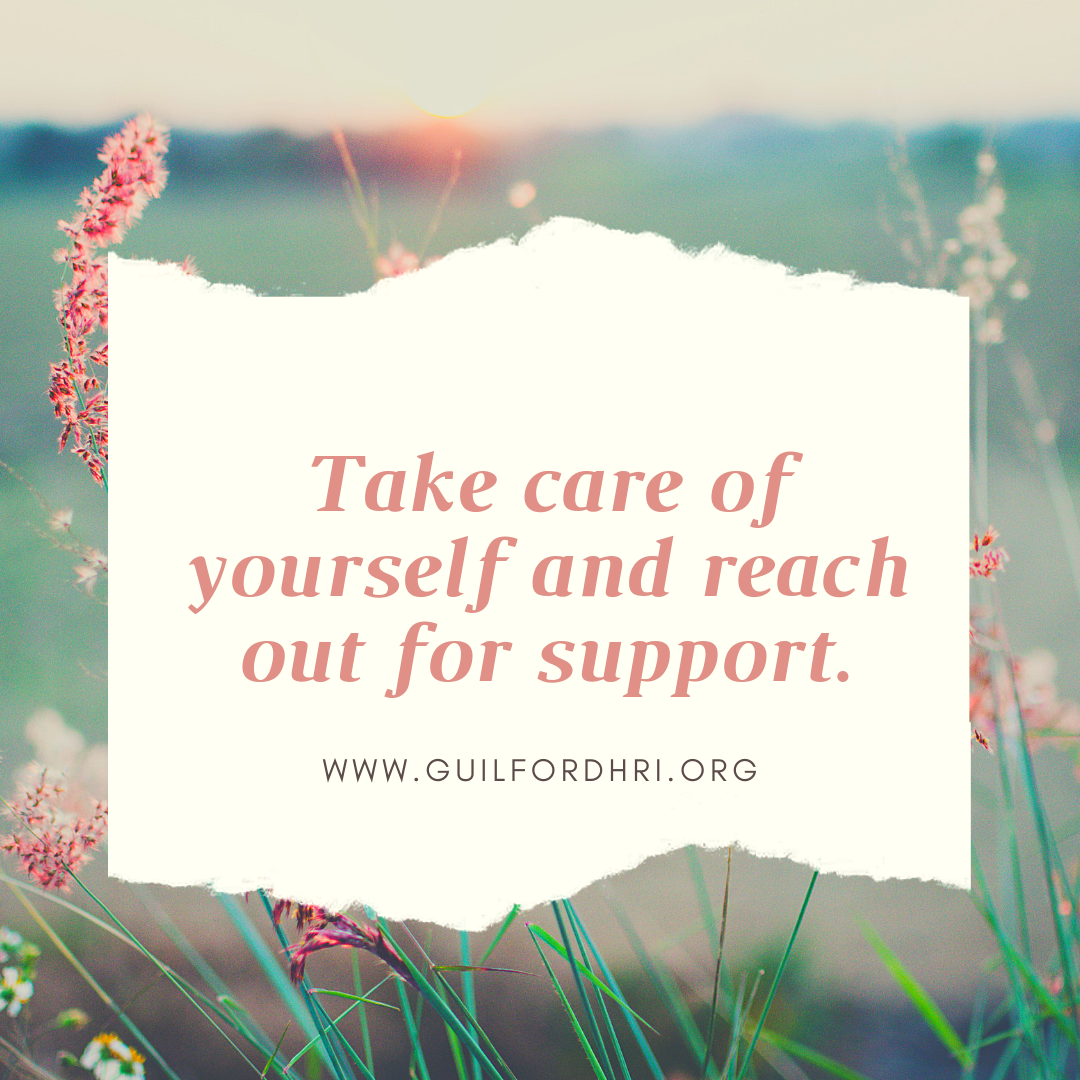
By Eleanor Beeslaar
Active listening is a key element in healthy relationships and an important skill for kids to learn to have healthy relationships of their own. You can teach active listening by modeling it in your own relationships and having conversations with your kids about what it means to be a good listener.
What exactly does active listening look like? Active listening means giving the other person your full attention and trying your best to understand what they are saying. Active listening does not involve thinking about your own response to what you are hearing, and instead focuses on seeking clarification and deeper understanding by reflecting back what you hear or asking questions when you don’t understand something.
In addition to modeling active listening to your kids, we encourage you to talk to your kids about how to be a good listener. Here are some active listening skills that you can work on with your kids:
- Maintain eye contact. When you keep eye contact in a conversation, it can be easier to stay tuned in and follow what the other person is saying. This also helps the other person feel heard during the conversation, creating a safe and supportive environment. Though eye contact can be beneficial in active listening, it is also important to note that this is not easy for everyone and your child’s developmental needs should be taken into consideration if this feels uncomfortable or challenging for them.
- Don’t interrupt. Be sure to let the other person finish what they are saying before you respond. This can help avoid assumptions and miscommunication.
- Ask questions. By asking specific questions about what the other person is saying, you can show that you are listening while also seeking clarification to ensure you understand their message.
- Reflect what you heard. A great way to ensure that you understand what the other person is saying is to repeat back in your own words what you heard. This also gives the other person a chance to correct you, promoting clarity and understanding in the conversation.
We encourage you to model and practice these active listening skills in your relationship with your child!









